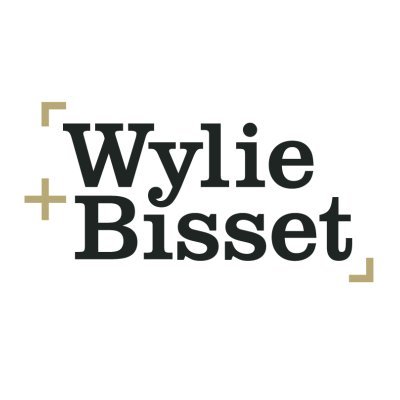Shehzad Ashaq: Changes to R&D tax credits favour large companies over SMEs

Shehzad Ashaq
Shehzad Ashaq has questioned the logic of changes to R&D tax credits that favour large companies over SMEs.
From 1 April 2023, SMEs have seen R&D tax credits relief on qualifying costs reduce from an enhancement of 130% to 86% and, for loss-making companies, repayable credit reduce from 14.5% to 10%, whereas for large companies it will rise from 10.5% to 15%.
The SME sector is the driving force for innovation so that the more relief it can access, the more it can continue innovating. HMRC is raising large company rates and relief at the expense of reducing SME rates and relief, which seems unfair given that one might expect the SME sector to be more reliant than large companies upon relief for investing in innovation.
I can’t see why there’s been that shift away from SMEs in favour of larger companies. If HMRC wanted to enhance the large company scheme, they should have done that without reducing the SME scheme.
Further imminent changes are due to come into force following the recent disclosure that HMRC lost nearly 25% of funds provided through R&D tax credits to error and fraud between 2020 and 2021.
Under new rules, HMRC will require a detailed report from every R&D claim submitted that summarises the project, the uncertainties and nature of the innovation.
While this change is welcome, HMRC is being slow to introduce this legislative requirement.
When submitting an R&D tax credit claim on behalf of a client we always submit a report with details of the project, what any scientific or technological uncertainties are, and what the company has done to overcome those challenges to showcase where innovation is being carried out.
It is those companies that have failed to provide such information that has resulted in fraudulent claims being missed by HMRC.
We always advise clients to ensure that their claims are valid and can be justified. And the sooner claims are submitted, the sooner companies will receive any refunds to enable them to inject that back into the business to continue that R&D function.

Shehzad Ashaq is associate partner at Wylie & Bisset







